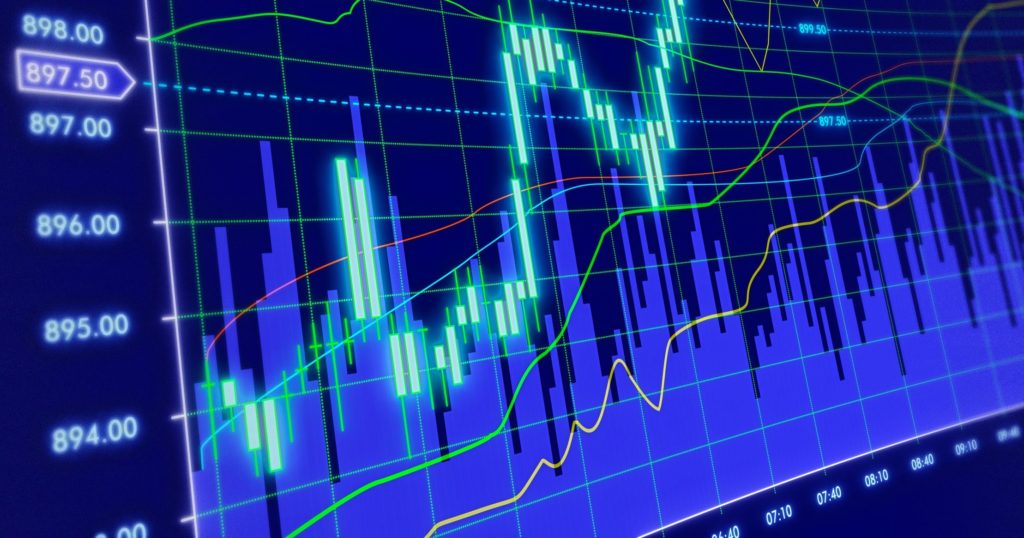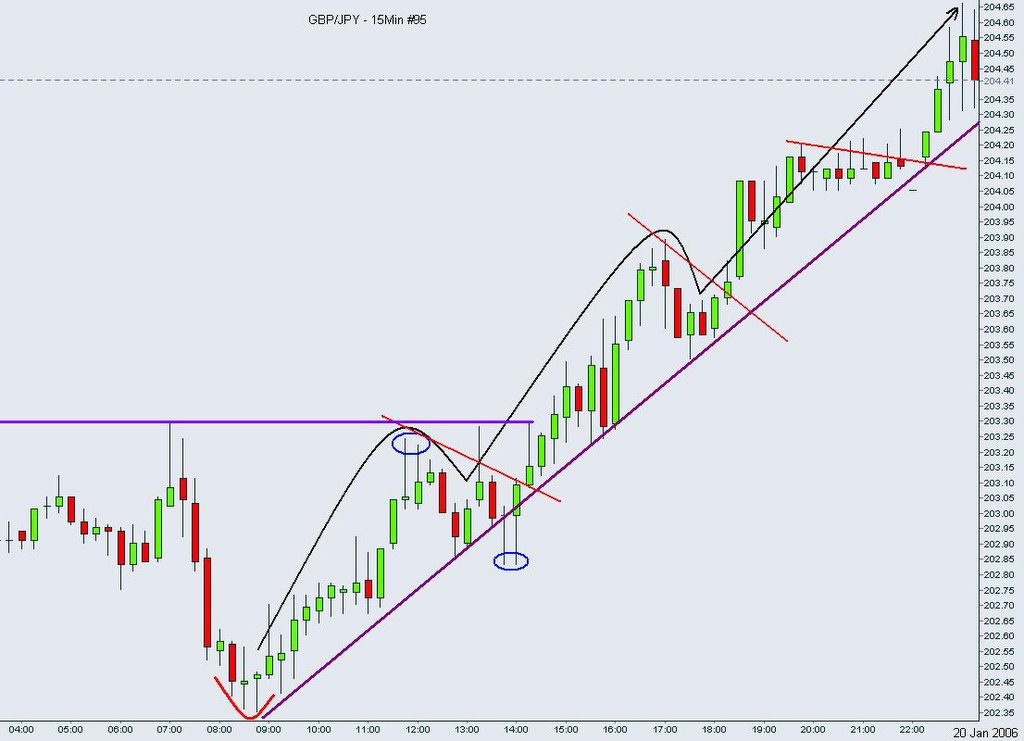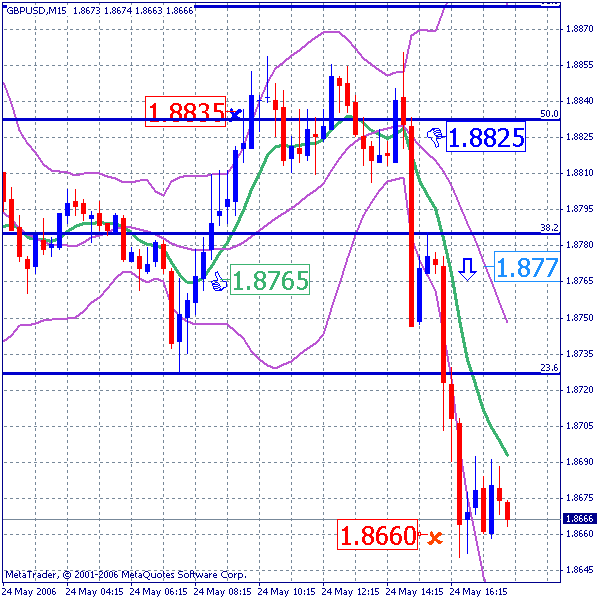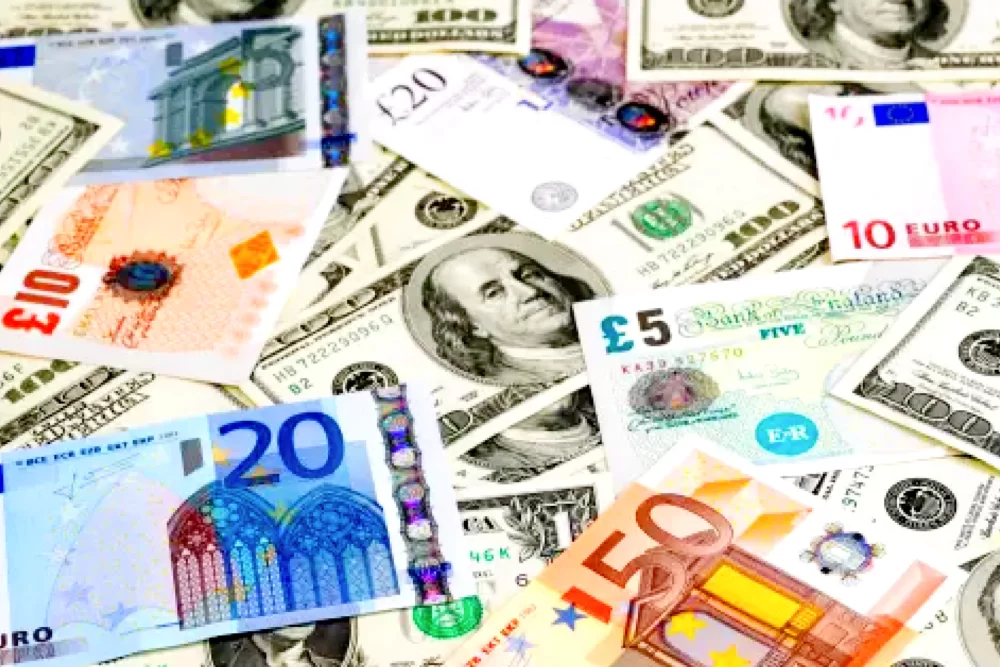Forex Trading – The Fundamentals…
Forex trading is never an easy road to tread. This article was designed to give a head-start to potential traders who are entering into the forex market. Upon reading through this article, you will have a solid understanding of what the forex trading and forex market is all about. Now you ask yourself is, “Is forex trading for me or can I develop a winning forex trading strategies in the real-world”.
What Is Forex Trading?
In essence, the forex market is where banks, businesses, governments, investors and traders come to exchange and speculate on currencies. The Forex market is also referred to as the ‘Fx market’, ‘Currency market’, ‘Foreign exchange currency market’ or ‘Foreign currency market’, and it is the largest and most liquid market in the world with an average daily turnover of $5.3 trillion.
The forex market is open 24 hours a day, 5 days a week with the most important world trading centers being located in London, New York, Tokyo, Zurich, Frankfurt, Hong Kong, Singapore, Paris, and Sydney.
It should be noted that there is no central marketplace for the Forex market; trading is instead said to be conducted ‘over the counter’; it’s not like stocks where there is a central marketplace with all orders processed like the NYSE.
Forex is a product quoted by all the major banks, and not all banks will have the exact same price. Now, the broker platforms take all these feeds from the different banks and the quotes we see from our broker are an approximate average of them.
It’s the broker who is effectively transacting the trade and taking the other side of it…they ‘make the market’ for you. When you buy a currency pair…your broker is selling it to you, not ‘another trader’.
The Forex Market – How it all Began
Can we truly talk about forex market without the history of how it all began? Not possible because it will rob you of the market understanding. It may be boring, but it’s important you know it.
The history of the forex market dates back to 1876, when the gold exchange standard was set up. It was said that all paper currency had to be backed by solid gold. The idea was to stable world currency by pegging them to the price of gold.
It was a good idea in theory, but, it created boom-bust patterns which ultimately led to the demise of the gold standard. The gold standard was dropped around the beginning of World War 2 as major European countries did not have enough gold to support all the currency they were printing to pay for large military projects.
Although the gold standard was ultimately dropped, the precious metal never lost its spot as the ultimate form of monetary value.The world then decided to have fixed exchange rates that resulted in the U.S. dollar being the primary reserve currency and that it would be the only currency backed by gold, this is known as the ‘Bretton Woods System’ and it happened in 1944 (I know you super excited to know that).
In 1971 the U.S. declared that it would no longer exchange gold for U.S. dollars that were held in foreign reserves, this marked the end of the Bretton Woods System. It was this break down of the Bretton Woods System that ultimately led to the mostly global acceptance of floating foreign exchange rates in 1976.
This was effectively the “birth” of the current foreign currency exchange market, although it did not become widely electronically traded until about the mid-1990s. (OK! Now let’s move on to some more entertaining topics!) …
Forex Trading for Beginners
Forex trading as it relates to retail traders (like you and I) is the speculation on the price of one currency against another. For example, if you think the euro is going to rise against the U.S. dollar, you can buy the EURUSD currency pair low. The goal is to see EURUSD rise and then sell it at a higher price to make a profit.
Of course, if you buy the euro against the dollar (EURUSD), and the U.S. dollar strengthens, you will then be in a losing position. Therefore, it is important for you to be aware of the risks involved in trading Forex, and not only looking at the reward.
For this reason, it is important to calculated your reward-risk ratio before you take any forex trading position. This way, you can assess your potential loss against win; asking yourself, “Is this risk worth taking?”. Word of advice; never take a trade if the rewardt- risk is less than 2:1. That is the principle here at Sirius Forex Trading Group.
Why is the Forex Market so Popular?
Being a Forex trader offers the most amazing potential lifestyle of any profession in the world. It Is not easy to get there., But if you are determined and disciplined, you can make it happen. Here’s a quick list of some skills you will need to reach your forex trading goals:
- Ability – to take a loss without becoming emotional.
- Confidence – to believe in yourself and your trading strategy, and to have no fear .
- Dedication – to becoming the best Forex trader you can be.
- Discipline – to remain calm and unemotional in a realm of constant temptation (the market).
- Flexibility – to trade changing market conditions successfully.
- Focus – to stay concentrated on your trading plan and to not stray off course.
- Logic – to look at the market from an objective and straight forward perspective.
- Organization – to forge and reinforce positive trading habits.
- Patience – to wait for only the highest-probability trading strategies according to your plan.
- Realism – to not think you are going to get rich quick and understand the reality of the market and trading.
- Savvy – to take advantage of your trading edge when it arises and be aware of what is happening in the market at all times.
- Self-control – to not over-trade and over-leverage your trading account.
As a trader, you can take advantage of the high leverage and volatility of the Forex market. To do well you are required to learn and master effective Forex trading strategy. This allow you to build a simple but effective trading plan around that strategy, and following it with ice-cold discipline.
Money management is key to your success. Leverage is a double-edged sword. You can make a lot of money fast and in equal measure lose a lot of money fast. Very often you hear people talk about the negatives of losses. 95% of forex traders losing money. What are the winning 5% doing that the other 95% don’t do? That should the focus not the losses. But what you don’t hear is that these losing 95% never got trained properly.
The key to money management in forex trading is to know the exact amount you want to risk. You need to settle this in your mind before placing that trade. Life is all about taking to calculated risks. If you are not used to this concept of mitigating wins against losses then you cannot be a decent trader. You must define your stop-loss before every trade. This simple routine can save your trading account.
Who trades Forex?
Banks – The interbank market allows for both the majority of commercial Forex transactions and large amounts of speculative trading each day. Some large banks will trade billions of dollars, daily. Sometimes this trading is done on behalf of customers, however much is done by proprietary traders who are trading for the bank’s own account.
Companies – Companies need to use the foreign exchange market to pay for goods and services from foreign countries and also to sell goods or services in foreign countries.
An important part of the daily Forex market activity comes from companies looking to exchange currency in order to transact in other countries.Governments / Central banks – A country’s central bank can play an important role in the foreign exchange markets.
They can cause an increase or decrease in the value of their nation’s currency by trying to control money supply, inflation, and (or) interest rates. They can use their substantial foreign exchange reserves to try and stabilize the market.
Hedge funds – Somewhere around 70 to 90% of all foreign exchange transactions are speculative in nature. This means, the person or institutions that bought or sold the currency has no plan of actually taking delivery of the currency; instead, the transaction was executed with sole intention of speculating on the price movement of that particular currency.
Retail speculators (you and I) are small cheese compared to the big hedge funds that control and speculate with billions of dollars of equity each day in the currency markets.
Individuals – If you have ever traveled to a different country and exchanged your money into a different currency at the airport or bank, you have already participated in the foreign currency exchange market.
What to Trade on Forex
Investors – Investment firms who manage large portfolios for their clients use the Fx market to facilitate transactions in foreign securities. For example, an investment manager controlling an international equity portfolio needs to use the Forex market to purchase and sell several currency pairs in order to pay for foreign securities they want to purchase.
Retail Forex traders – Finally, we come to retail Forex traders (you and I). The retail Forex trading industry is growing everyday with the advent of Forex trading platforms and their ease of accessibility on the internet. Retail Forex traders access the market indirectly either through a broker or a bank.
There are two main types of retail Forex brokers that provide us with the ability to speculate on the currency market: brokers and dealers. Brokers work as an agent for the trader by trying to find the best price in the market and executing on behalf of the customer.
For this, they charge a commission on top of the price obtained in the market. Dealers are also called market makers because they ‘make the market’ for the trader and act as the counter-party to their transactions, they quote a price they are willing to deal at and are compensated through the spread, which is the difference between the buy and sell price (more on this later).
What Drives People To Forex Trading?
7 Reason Why People Do Forex Trading
Many people have a myriad of reasons as to why they do what they do. But for us a group, the following seven reasons came to the fore.
- Market Size – The forex market is the largest known financial market in the world. Its daily volume dwarfs the rest financial markets put together, (equity, futures, commodities etc.) with more than $5 trillion per day according to BIS. This solid liquidity translates to ease of taking positions and get in and out at will because you always willing buyers and seller of currencies.
- Flexibility Of Trading Hours – There is no opening bell in the Forex market. You can enter or exit a trade whenever you want from Sunday around 5pm EST to Friday around 4pm EST.
- Ease of access: You can fund your trading account with as little as $250 at many retail brokers and begin trading the same day in some cases. Straight through order execution allows you to trade at the click of a mouse.
- Forex pair Correlation – Fewer currency pairs to focus on, instead of getting lost trying to analyze thousands of stocks
- Freedom to trade anywhere in the world with the only requirements being a laptop and internet connection.
- Commission-free trading with many retail market-makers and overall lower transaction costs than stocks and commodities.
- High volatility forex pairs – Volatility allows traders to profit in any market condition and provides for high-probability weekly trading opportunities. Also, there is no structural market bias like the long bias of the stock market, so traders have equal opportunity to profit in rising or falling markets.
Finally, while the forex market is clearly a great place to trade and make money, it also carries a greater level of risks unlike any other profession. Especially to all novices, you need to have that trading awareness that every traded position has potential for both reward and risk.
If you have this in mind, you will think wisely before you place that traded position. It is easier to come into the forex market thinking only about the reward and ignoring the perils involved. This is the fastest way to lose your entire trading capital.
If forex trading is the road you wish to travel, my advice is to get you an education. Learn as much as you can about forex trading and the forex market. This would help to build your ability and trading confidence. Once you have started trading, maintain you discipline at all times.
This could only enhance your ability to trade in the marketplace and maintain sustained wins as you practice level headedness. Many would have you believed that forex trading is easy.
Yeah, when you have mastered your craft. Until then, it is the most difficult job you could ever had done. Try trading without having to bridle your emotion? It is critical that you become aware and accept this fact that, every trade has the potential win as well as lose. If you bear this in mind, you will plan your risks before you pull that trigger on every trade.




